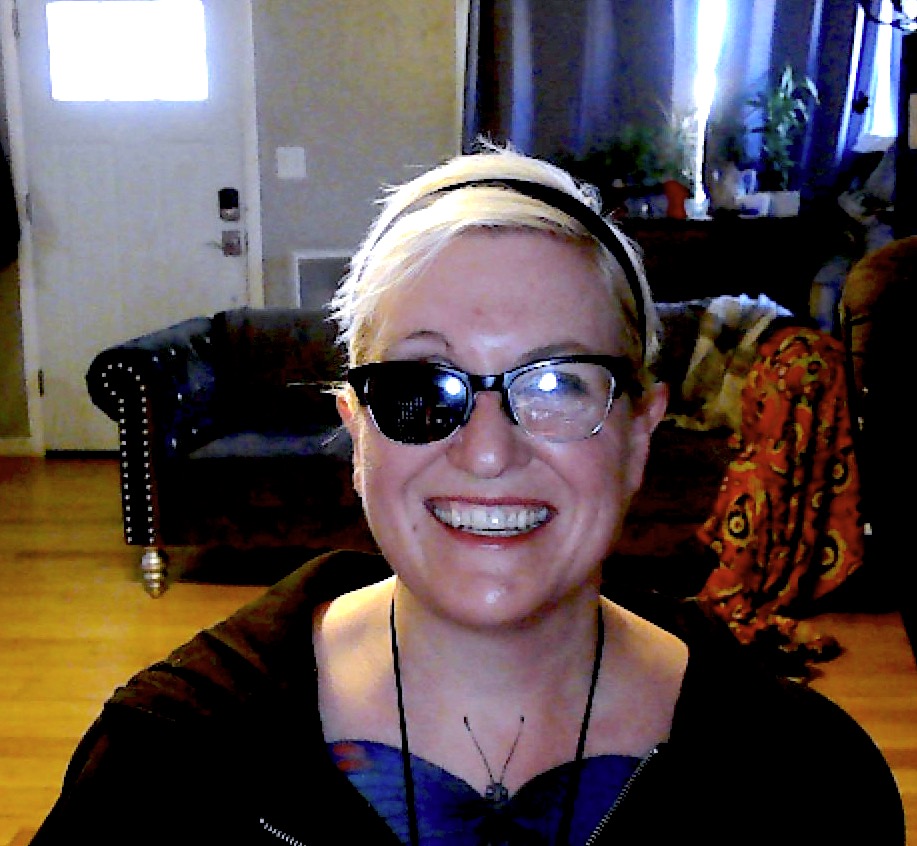Project Background
The purpose of this study is to better understand why people in abusive relationships stay in them and the reasons why they leave. It is aimed at understanding what kinds of prior understandings, preconceptions, assumptions, and ideological presupposition victim/survivors of domestic violence (DV) operationalize when they stay in and when they leave violent relationships, as such information is available in narratives. Data will be collected via interviews with victim/survivors of DV and posts in public Facebook groups dedicated to supporting IPV via discursive interaction with other victim/survivors. (As a DV victim/survivor myself, I participate earnestly in these groups.) As a narrative discourse analysis project, the primary goal of the study is to understand how identities emerge in discursive, narrative activity. A second goal is to create resources that can be used by victim/survivors of DV to leave abusive relationships. This study will begin in April 2023 with the goal of the first article drafted by September 2023. We will interview 50 victim/survivors of IPV nationally between May and August 2023. This research will be published in academic venues, and it will be introduced back to the DV community partners with whom I work, leading to substantive interventions. Ultimately, this research is important because DV is a pernicious social ill that must be combatted from every angle possible. This research is approved by IRB, #00149984. Content warning: The narratives we will work with will depict violence and abuse in some detail.
Student Role
The student who works with me will participate in every portion of data collection, early analysis, and initial write-up. The will help with:
- The creation of program flyers;
- The development of interview protocol;
- The solicitation of interviews and setting them up;
- Hands-on interviewing of DV victim/survivors via zoom;
- Collect narratives reported in the public Facebook groups targeted by the study; and
- Keep data backed up and confidential.
The student who works with me will also help with the first-pass of data analysis, which will employ narrative discourse analysis, complete secondary research into DV topics and current issues, and draft an initial article using these new data.
Therefore, this student will engage in primary research, secondary research, data analysis, and write-up.
Student Learning Outcomes and Benefits
The following learning outcomes guided this study:
- Primary research: The student will learn the fundamentals of primary research, in particular ethnographic, semi-structured interviews;
- Research ethics: The student will learn to work with human subjects ethically when working with raw data, interview participants, and especially complex, intimate, and difficult interview narratives told by those brave enough to speak with us;
- Secondary research: The student will learn how to do secondary, library, database research. The DV literature is spread across disciplines, making secondary research a difficult task.
- Narrative discourse analysis: The student will begin working with, categorizing, and analyzing raw data; and
- Write-up: The student will learn how to turn data into a publication.
The student will benefit from learning how to work with data collection and analysis in a variety of ethical and important ways. They will also learn narrative discourse analysis, which is a flexible and robust analysis model. These are foundational skills for any further research the student might do. The student will also get a co-authored publication out of this summer project.

Jennifer Andrus
My mentoring philosophy is organized around 3 mentorship ideals.
First, I believe in modeling- hands-on, co-interaction with the PI (and in some cases, other more advanced researchers) at every stage of research. I believe the student should work side-by-side with the PI, doing what they do and at the same time, getting direct and specific modeling and feedback. We will work together on interview protocols, conducting interviews, and writing a paper together.
Second, I believe in autonomy-I believe in students working on their own, away from other researchers. The student then uses the knowledge gained from working directly with other researchers to work on portions of the project on their own, with the PI serving only as a guide and a reference. This freedom allows students to accomplish goals on their own and make mistakes on their own, learning how to manage both situations with grace. In particular, this student will create fliers, do literature review research, and write a literature review on their own.
Finally, I believe in feedback (on research and writing)-I give prompt and robust feedback. I am known for saying the hard things that must be said in order to improve a project, but I say them in a non-critical, helpful way. Feedback is a collaboration between the author/researcher and reader/mentor. It is a key part of learning. Feedback should be both curious and instructive.
